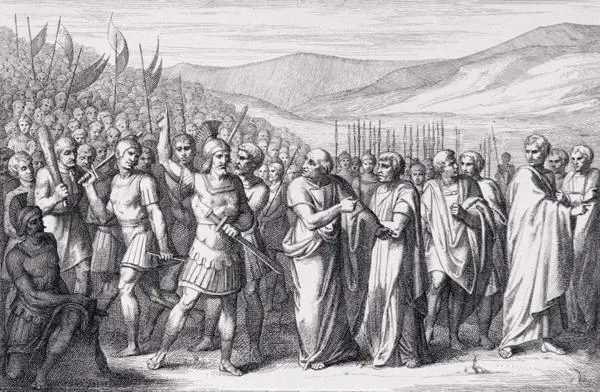Civil Resistance: Theorizing the Force of Nonviolent Action
 Image credit: Wikimedia Commons
Image credit: Wikimedia CommonsAbstract
From the Plebeians’ refusal to engage in military service in the Roman Republic to the uprisings of the Arab Spring, nonviolent action has been at the centre of social change throughout history. Yet the systematic theoretical understanding and empirical examination of nonviolent action is a relatively recent development. This chapter traces the emergence of this field, identifying the contributions of key thinkers such as Gene Sharp and Mahatma Gandhi and seminal cases such as the Civil Rights Movement in the United States and the anti-Communist uprisings of 1989. The chapter concludes by discussing the relationship between nonviolent action and important areas of social change and presenting some major unanswered questions in the study of nonviolent action today.